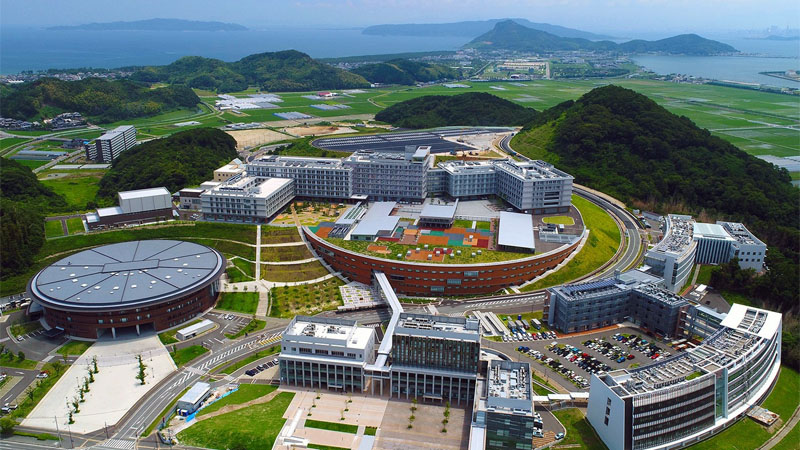Exclusive content

Internet Initiative Japan (IIJ), Yuko-Keiso, Kyushu University, and Kogakuin University have collaborated to pioneer an energy-efficient shrimp aquaculture system. This initiative aims not only to mitigate environmental impact but also to bolster the energy supply in Vietnam.
Addressing Environmental Challenges
Vietnam’s shrimp aquaculture industry confronts multifaceted environmental issues such as greenhouse gas emissions, soil and groundwater contamination, and disease outbreaks in aquaculture ponds. The utilization of shrimp aquaculture sludge exacerbates these challenges, necessitating innovative solutions for sustainable development.
The core of this new system consists of a circular energy unit and a shrimp production unit. The system converts aquaculture sludge and lemongrass processing waste into biogas, which fuels solid oxide fuel cells (SOFCs) to generate electricity. This closed-loop approach not only reduces greenhouse gas emissions but also addresses the energy deficit faced by traditional shrimp farms.
Technological Integration
Integral to the success of the project are IoT devices deployed within the shrimp production unit. These devices monitor crucial parameters such as dissolved oxygen levels and pH, ensuring optimal conditions for shrimp growth and health. Furthermore, an advanced IoT platform aggregates and visualizes real-time data, enhancing operational efficiency and decision-making processes.
The initiative is subsidized by the Nedo International Demonstration Project on Japan’s Technologies for Decarbonisation and Energy Transition. Scheduled to commence operations from July 2024 in Tien Giang Province, southern Vietnam, the project aims to achieve a shrimp survival rate of 85%, significantly surpassing the current average. Moreover, it targets a reduction of approximately 40 tons of CO2 emissions per aquaculture pond annually.
The project benefits from collaborative efforts involving Mitsubishi Research Institute, alongside Vietnamese and Japanese research institutes and private enterprises.